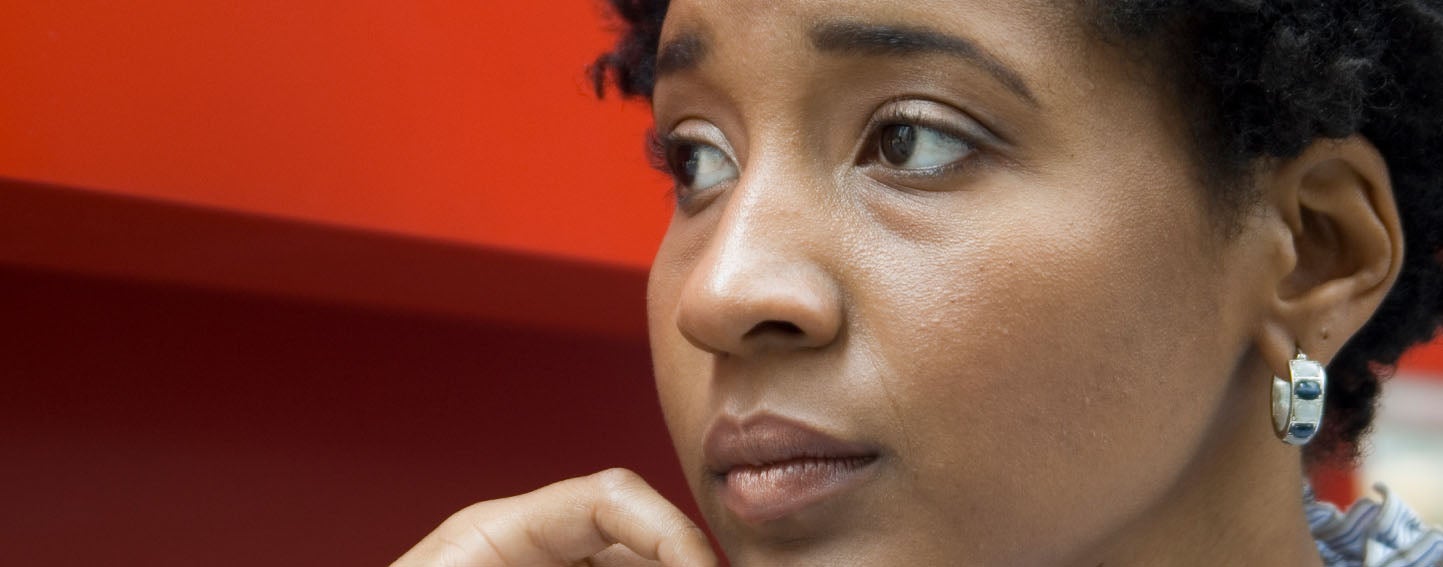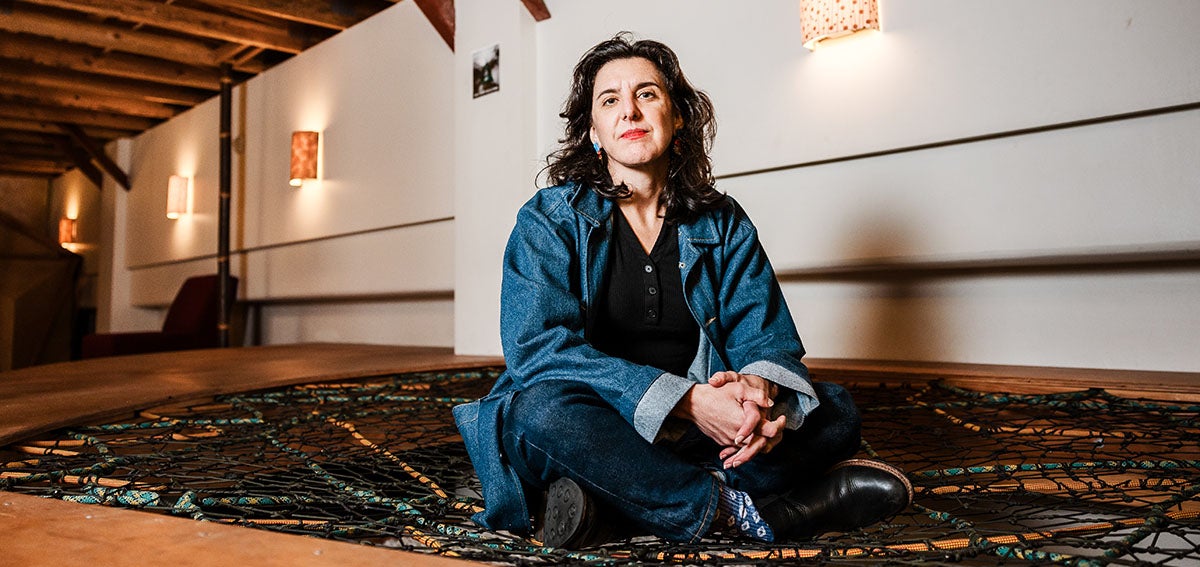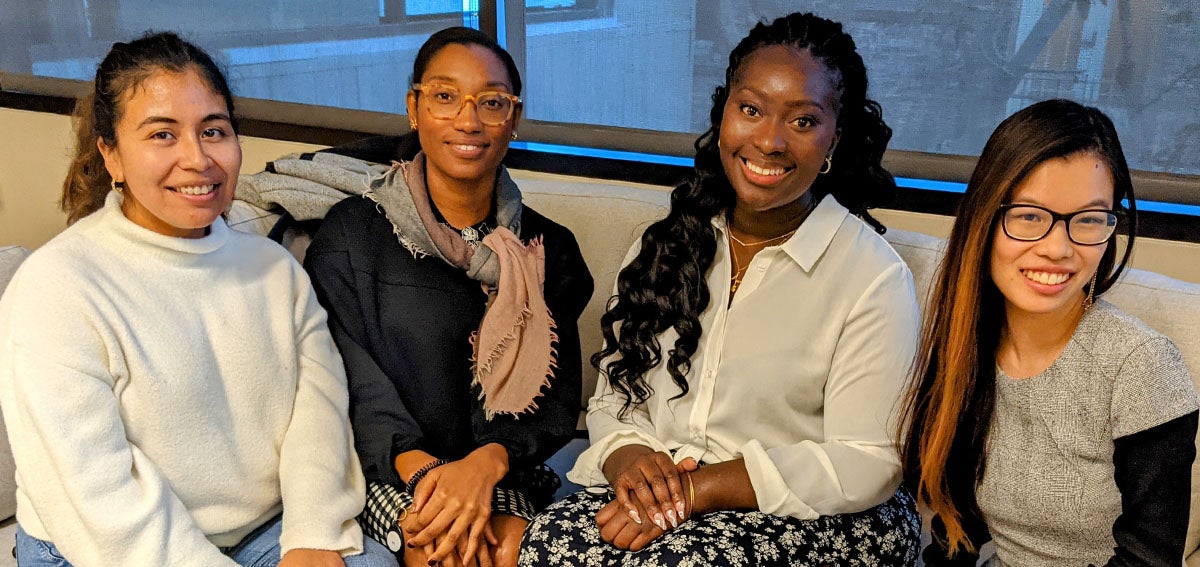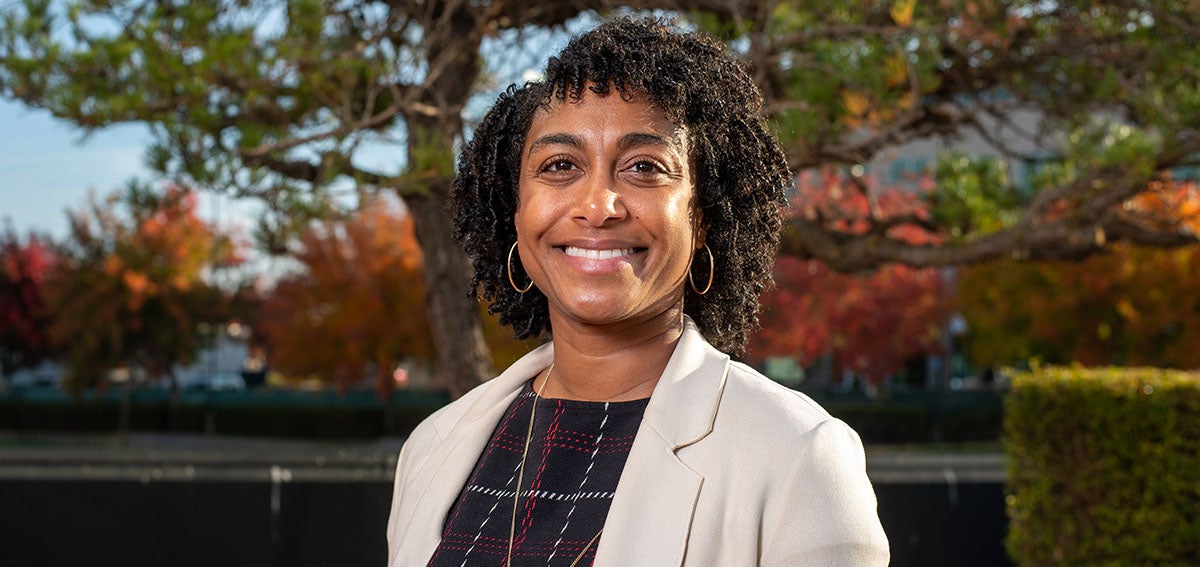
Welcome to the first edition of Essential Coverage. Every Friday, we’ll send you into the weekend with a recap of stories we found worth reading — stories covering all our topics, from health reform to maternal health, to opioid safety, and much more. Here are the stories that caught our attention this week:

May is Mental Health Month, and a new study by RAND Corporation shows that untreated mental health problems disproportionately affect communities of color in California, as reported in California Healthline. Disparities in mental health care are especially severe for African American women: In California, women are more likely than men to go untreated for mental health problems, and African Americans are more likely than Latinos, Asians, and whites to miss four or more days of work per year due to mental health problems. CHCF’s recent Almanac report has a wealth of data on mental health in California.
“I think there is a great deal of stigma, of guilt and shame surrounding mental health, and also women are dealing with the requirement to be resilient, like Superwoman,” said Janette Robinson Flint, executive director of Black Women for Wellness.
Stigma is also a major barrier in efforts to stem the national opioid crisis. This week, a New York Times article about the increasing incidence of endocarditis among people addicted to drugs drew ire from many in the health care community. Endocarditis is an infection of the heart valves that can result from using unsterile syringes or unregulated drugs. The article, Injecting Drugs Can Ruin a Heart. How Many Second Chances Should a User Get?, centers on a cardiothoracic surgeon who wrestles with the question of whether to operate on return patients with endocarditis from drug use.
Swift Response
The health care community’s response was swift. Science reporter Maia Szalavitz asked, “How about no headlines that ask whether the lives of people who use drugs are worth saving?” Sarah Wakeman, an addiction medicine physician at Massachusetts General Hospital, tweeted, “Valves aren’t a scarce resource; we don’t deny angioplasty to person w/ 3rd heart attack. Worse still effective addiction treatment rarely offered.” And here’s our key takeaway: People with addiction need to be treated for their underlying disease.
Sometimes, even when you don’t get treated, you still get slapped with a steep medical bill. The latest story by Sarah Kliff in the Vox Emergency Room (ER) Billing Project highlights the frustratingly opaque world of ER fees. Because these fees usually are not made public, patients can be charged exorbitant prices just for walking through the doors of an ER. Kliff reported on a woman who received an ice pack and bandage in the ER after cutting her ear. When she learned that the plastic surgeon who would see her was not covered by insurance, she declined further treatment . . . and then received a $5,751 bill for the triage. Ouch.
Finally, give a listen to this episode of Freakonomics Radio on your commute home. Host Stephen Dubner talks to cancer surgeon, public health researcher, and best-selling author Atul Gawande about hospital variance in unnecessary c-sections (at the 18:04 mark), the importance of having end-of-life conversations (44:25), and more.
Authors & Contributors






